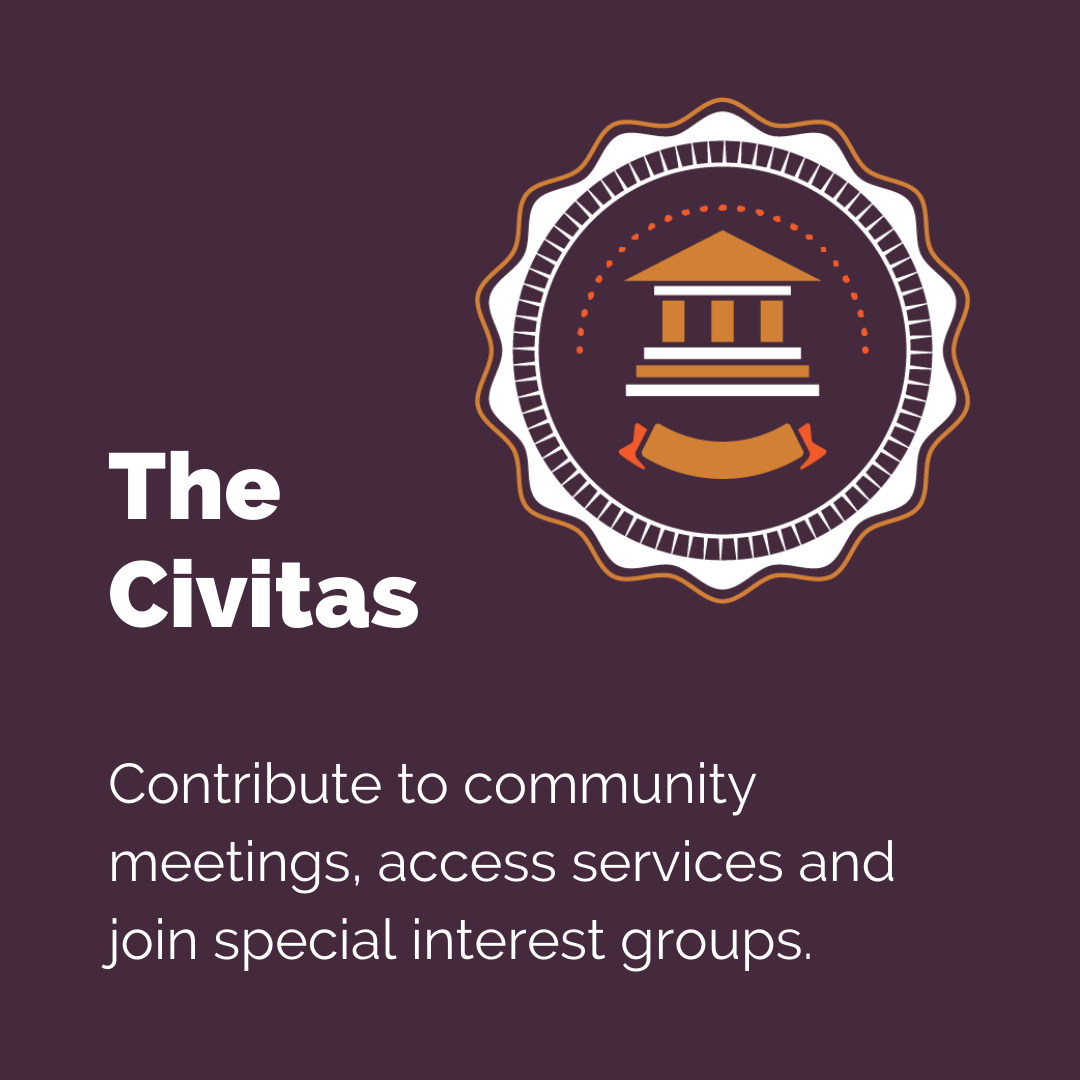Around the world we are seeing a growing number of 'economic citizens'. “Economic citizenship can be used to represent both the economic contributions requisite to become a citizen as well as the role in which ones economic standing can influence his or her rights as a citizen.” - Wikipedia
Around the world we are seeing a growing number of 'economic citizens'. “Economic citizenship can be used to represent both the economic contributions requisite to become a citizen as well as the role in which ones economic standing can influence his or her rights as a citizen.” - Wikipedia
Experts have estimates that every year, $2bn (£1.2bn; 1.5bn Euros) is spent in total by people to add a second, or even third, passport to their collection. This is done because people are looking to develop their passport portfolio like they diversify their business or investment portfolio.
Diversification of passport (citizenship) portfolio wouldn't be an option if countries did not allow it. But why would a country sell citizenship to the highest bidder in some cases? It is because some countries are lacking sufficient amount of money and in major need for investment in many cases.
Around the world we are seeing a growing number of 'economic citizens'. Economic citizenship can be used to represent both the economic contributions requisite to become a citizen as well as the role in which ones economic standing can influence his or her rights as a citizen.” - Wiki
Some countries have taken notice of the demand for economic citizenship by setting up programmes that would allow people to become a citizen of their nation by their investment into the economy or offer wealthy investors routes to becoming a citizen of their country.
But there are concerns that citizenship is being put up for sale because of the lack of transparency and accountability in some cases. For many governments the benefits for the country and the economic wellbeing for the citizens take precedence so they ignore the deterrents.
One Caribbean Island with an estimated population of about 71,000 has over 3,000 investor-citizens. The reason I have highlighted this is because some of these people are awarded citizenship with no residency requirement. This island is not the only one offering such citizenship benefits with the requirement to reside in the country, basically you are a visiting citizen. For an investment of around £60,000, and an interview you can become a citizen of this particular island.
Some countries have used economic citizenship to raise a large sum for their nation but at what price to the value of citizenship. What we are seeing here is the cheapening of what was once valued and held as a privilege in any nation for business and economic benefit.
Within the kingdom of God citizenship is not up for sale, we are unable to purchase it nor earn it. This is because the price placed upon it is of infinite value. We know that citizenship is reflective of an authority and within the kingdom we see this amplified because the very life of the King is intertwined with the citizen. Citizenship is a privilege that is offered to all within the earth but applied to a few. The blood of the infinite Lamb is the price that was paid for our citizenship.
A.W.Tozer said “We need to give this spiritual truth all the reverence and contemplation it deserves. Do we talk too loosely about the price of our redemption? I confess that I cringe just a little when I hear someone speak about Christ (The King) paying our debt—buying us back. Sometimes we make it sound like nothing more than a business deal. But I do not like to think of God redeeming us in the way we might redeem a cow or a horse at some livestock show. In God's plan for redeeming us there is something higher and holier, more sweet and beautiful”.
I agree with the statement that there is something higher and holier, more sweet and beautiful. For me it is the value He has placed upon our citizenship but until we begin to know it, we will be prone to selling it to the highest bidder for nothing less than a morsel of bread (business or economic benefit).
He who has an ear, let him hear.


